Pet birds can make wonderful companions. Although they are small, owning a bird requires careful consideration and commitment. Depending on the species, some birds can live for over 10 years. Birds need plenty of care and attention in a captive environment. There are various types of pet birds, each with different sizes and personalities. It’s important not to gift a bird to someone else or buy one for young children, as they require structured and specific care, and can be both sturdy and delicate.
It's crucial to know where your bird was born and raised. While birds are often kept as pets, they are not domesticated in the same way as dogs or cats. This means they will always have natural instincts and behaviors. Wild-caught birds should never be kept as pets. Always buy a pet bird from a reputable breeder who can show you the living conditions of the parent birds and who hand-raised the chicks to ensure they are comfortable interacting with humans. Alternatively, consider adopting birds from local rescue organizations.
Legally, all domestically bred birds must wear a metal leg band. Before purchasing or adopting a bird, make sure to comply with this requirement. Hand-raised birds will have complete, solid leg bands when they are young, which remain as they grow. Wild-caught birds often have incomplete bands.
Another important factor when keeping pet birds is their lifespan. Birds can be valuable companions, but this includes caring for them during unforeseen circumstances, especially if they outlive you. Birds should never be released into the wild, as they cannot fend for themselves and are vulnerable to starvation, injury, and predators. Additionally, consider the social needs of the species you choose; some birds thrive in companionship with others, while others prefer solitary living and form strong bonds with humans.
Caring for birds involves providing an appropriately sized and shaped cage. Daily routines are essential, including cleaning the cage, preparing fresh food (like fruits and vegetables), and regularly interacting with your bird through toys, games, and bonding activities. A good birdcage should contain toys, perches, clean surfaces, fresh water, and a designated feeding area.
Besides a primary cage, birds should have safe areas throughout your home to interact with their owners. Ensure that birds are kept away from kitchens to avoid hot surfaces and harmful fumes from cooking or candles. For instance, fumes from non-stick pans can release substances that are toxic to birds, leading to respiratory distress or even death.
One important choice for bird owners is whether to allow their birds to fly or to trim their wings. Flying birds can lead fulfilling lives in outdoor aviaries or can enjoy flying around indoors. However, flying in small spaces can lead to life-threatening injuries, such as broken wings or beaks, or bleeding from crashes. Free-flying birds can easily escape outside, attracting predators like dogs and cats.
If you choose to trim your bird’s wings, this should be done by a veterinarian or a bird care professional. Wing trimming, when done correctly, is painless for birds and should be repeated every 4 to 6 months. Another reason for wing trimming is to help prevent hard landings and injuries.
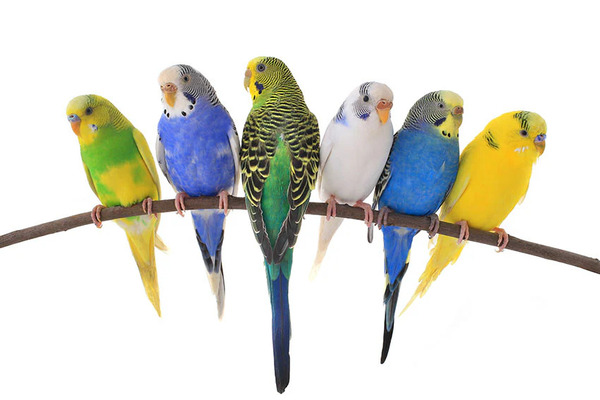
Cage Size: Minimum 18x18x24 inches, with horizontal bars for climbing.
Diet: High-quality seed mix, fresh vegetables, and occasional fruits. Avoid avocado and chocolate.
Social Needs: Budgies are very social and thrive in pairs or small groups.
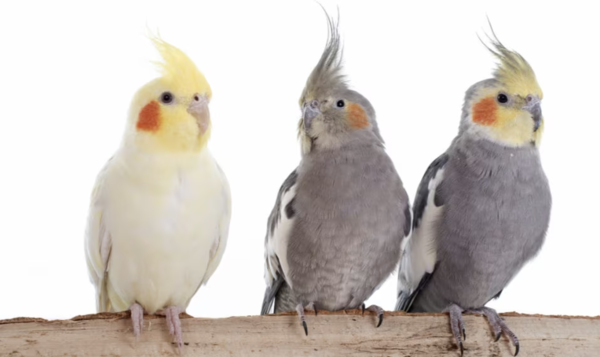
Cage Size: Minimum 24x24x36 inches, with plenty of room for flying and climbing.
Diet: Seed-based diet supplemented with pellets, fresh fruits, and vegetables.
Social Needs: Enjoy human interaction and can learn to whistle and talk.
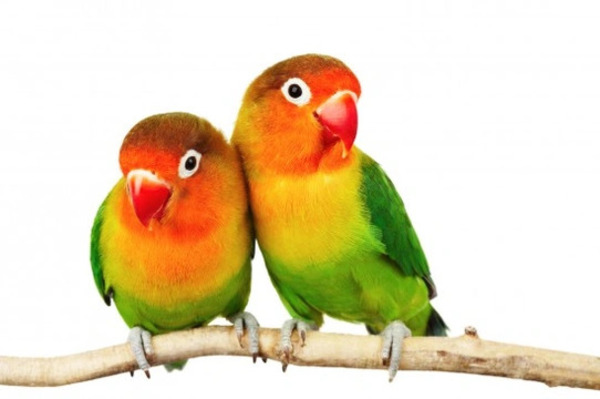
Cage Size: Minimum 24x24x24 inches, with toys and perches for climbing.
Diet: Pellets, fresh fruits, and vegetables; avoid seeds as a primary diet.
Social Needs: Lovebirds are very social and often do well in pairs.
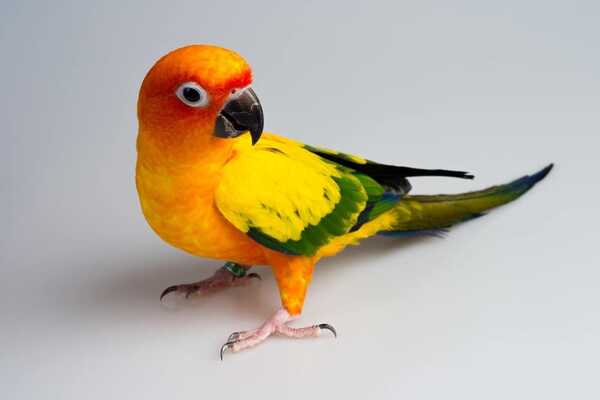
Cage Size: Minimum 30x30x48 inches, with lots of toys and perches.
Diet: Pellets, fresh fruits, and vegetables, with seeds as an occasional treat.
Social Needs: Very playful and require regular interaction with their owners.
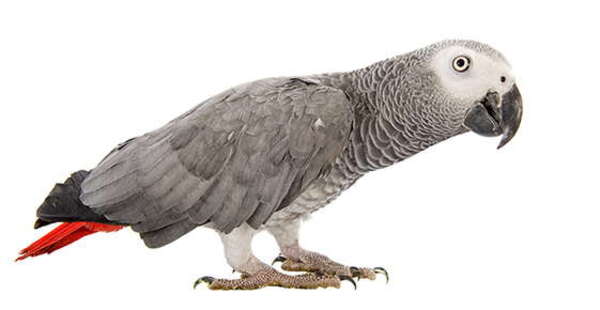
Cage Size: Minimum 36x24x48 inches, with lots of stimulation and space to explore.
Diet: High-quality pellets, fresh fruits, and vegetables. Avoid high-fat foods.
Social Needs: Highly intelligent and need mental stimulation; can learn to talk extensively.
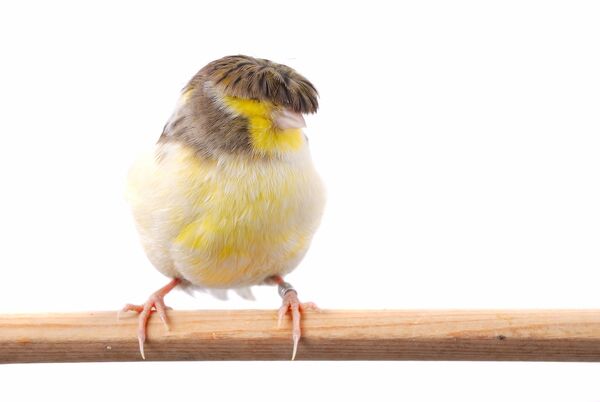
Cage Size: Minimum 24x18x24 inches, with space for singing and flying.
Diet: High-quality seed mix and fresh greens. They don't require as much social interaction.
Social Needs: Canaries are more solitary and do well on their own.
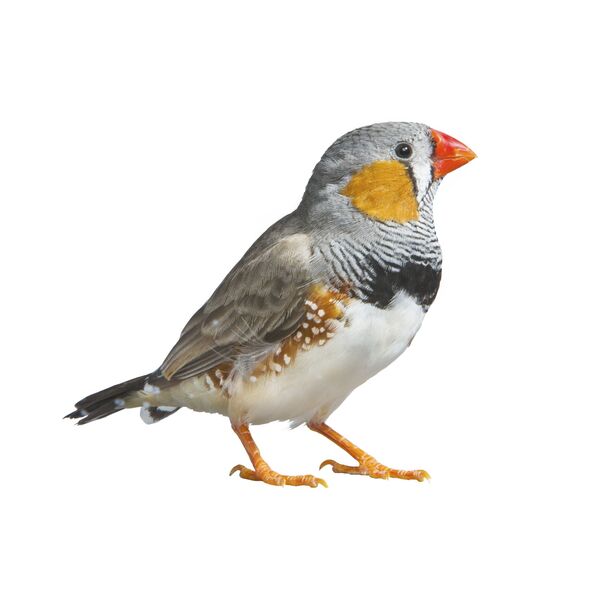
Cage Size: Minimum 30x18x18 inches, with plenty of horizontal space for flying.
Diet: Seed-based diet and fresh greens; provide cuttlebone for calcium.
Social Needs: Best kept in small flocks, as they thrive on social interactions with other finches.
Like all pets, birds should receive annual health check-ups from a veterinarian to ensure their well-being. This may include blood tests and fecal examinations. It's best to consult a veterinarian who is certified in avian care or has specialized training in handling birds and administering medications.
Keeping a pet bird can be a rewarding experience, but it requires knowledge, care, and commitment. Understanding your bird’s needs, providing the right environment, and ensuring regular health checks will help ensure a happy and healthy life for your feathered friend. If you’re considering bringing a bird into your home, take the time to research and prepare for this unique and wonderful companion!
animal tags: Birdkeeping
We created this article in conjunction with AI technology, then made sure it was fact-checked and edited by a Animals Top editor.